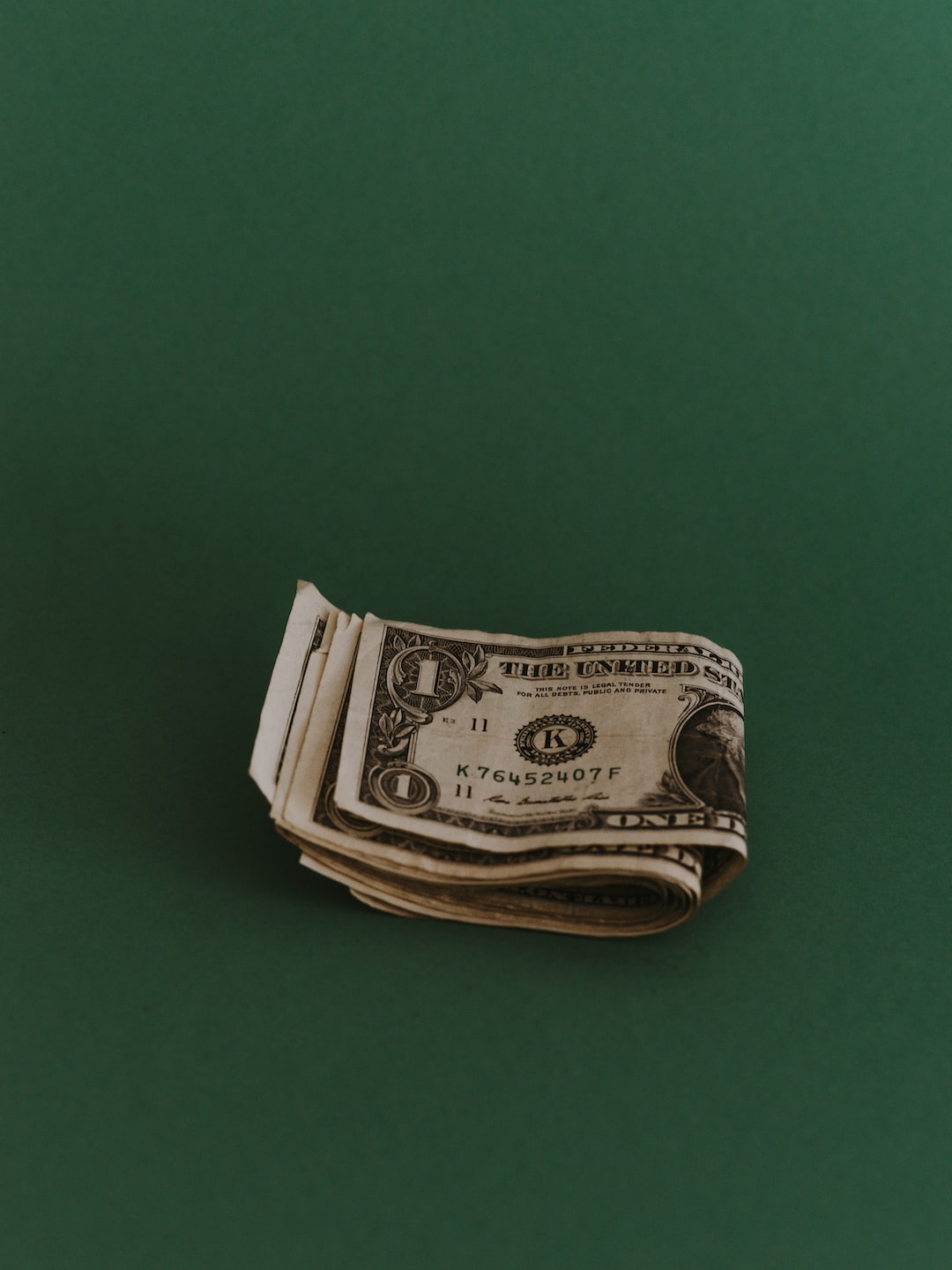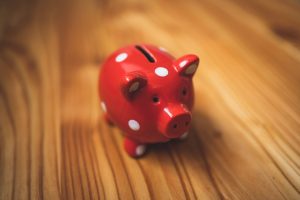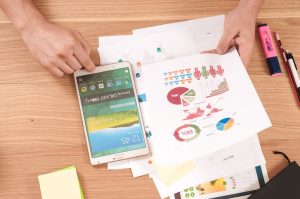Forex, or foreign exchange, is the largest financial market in the world. It is a decentralized market where currencies are bought and sold. The forex market operates 24 hours a day, 5 days a week, and is open to anyone with an internet connection. In this article, we’ll explain how to get started in forex trading.
Step 1: Learn the Basics
Before you start trading forex, it’s important to learn the basics. This includes understanding how the market works, the different currencies and their values, and the terminology used in forex trading. There are many resources available online, including forex trading courses, webinars, and e-books. You can also find a mentor or join a trading community to gain insights and tips from experienced traders.
Step 2: Choose a Broker
To trade forex, you’ll need to open an account with a forex broker. There are many brokers to choose from, each with their own features, fees, and trading platforms. It’s important to choose a reputable broker that is regulated by a financial authority, such as the Financial Conduct Authority (FCA) in the UK or the Securities and Exchange Commission (SEC) in the US. You should also consider the broker’s fees, customer service, and trading tools.
Step 3: Open a Demo Account
Once you’ve chosen a broker, it’s a good idea to open a demo account. A demo account allows you to practice trading without risking real money. You can test out different trading strategies and get a feel for the broker’s trading platform. Most brokers offer demo accounts for free, and they usually come with virtual funds that you can use to trade.
Step 4: Develop a Trading Plan
Before you start trading with real money, it’s important to develop a trading plan. A trading plan outlines your goals, risk tolerance, and trading strategy. It should also include your entry and exit points, stop-loss and take-profit levels, and your overall trading strategy. A trading plan helps you stay disciplined and avoid emotional trading decisions.
Step 5: Start Trading
Once you’ve developed a trading plan and tested it on a demo account, it’s time to start trading with real money. Start with a small amount of capital and gradually increase your trading size as you become more experienced. It’s important to stick to your trading plan and avoid making impulsive trading decisions. Keep a trading journal to track your progress and learn from your mistakes.
Conclusion
Forex trading can be a lucrative and exciting way to invest your money. However, it’s important to learn the basics, choose a reputable broker, open a demo account, develop a trading plan, and start trading with caution. Always remember to practice risk management and avoid emotional trading decisions. With the right approach, forex trading can be a rewarding experience.





